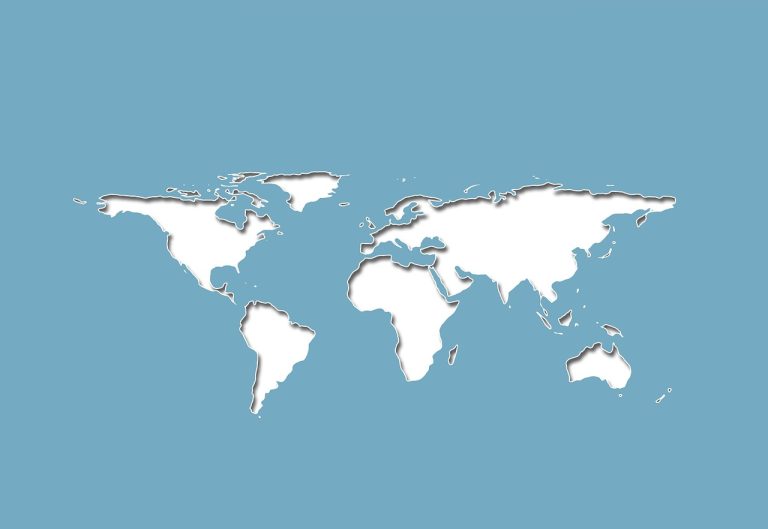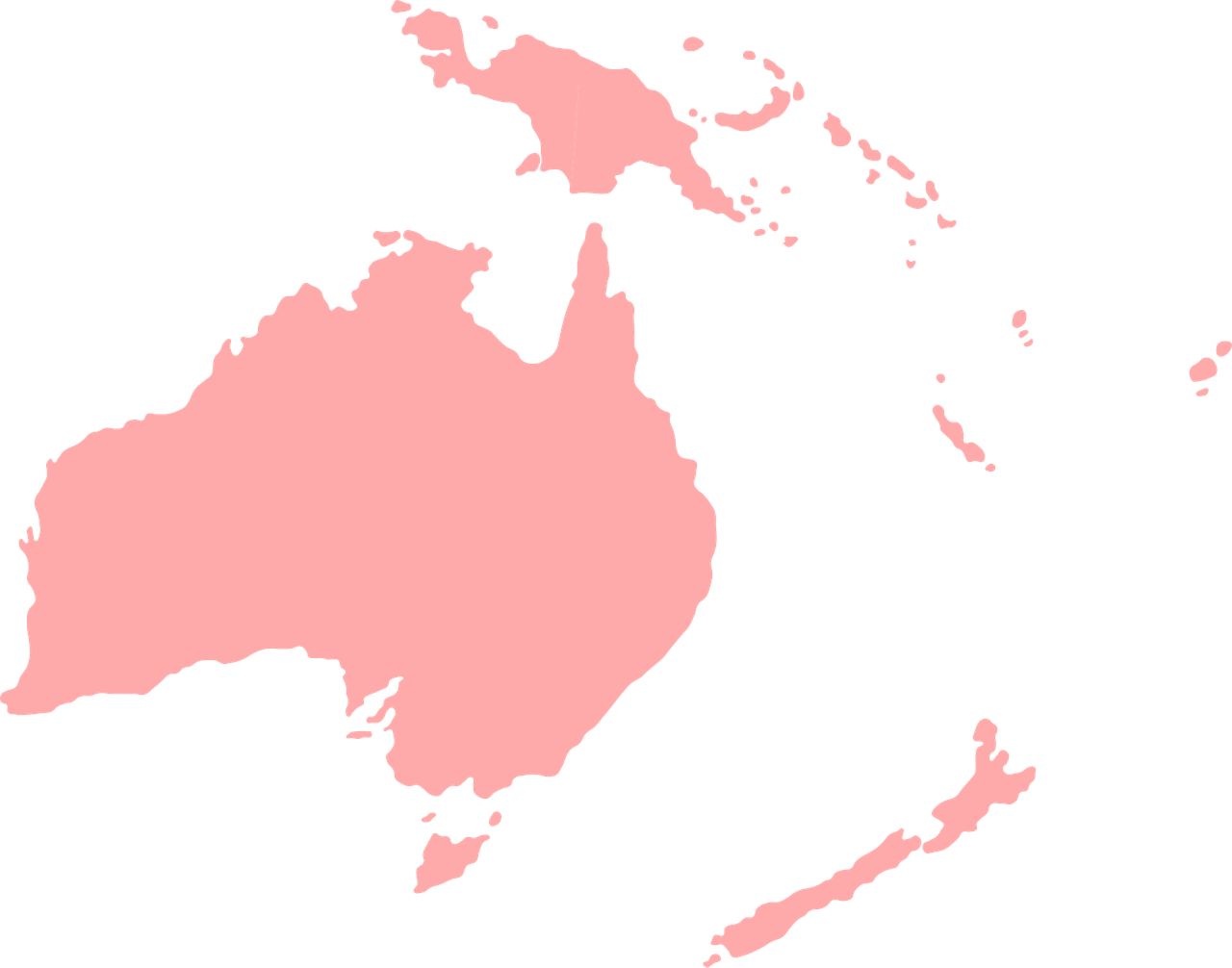
The Role of Women in Philippine Politics: Progress, Challenges, and Future Outlook
In recent decades, the political landscape of the Philippines has been increasingly shaped by the contributions of women. From the grassroots level to the pinnacle of national leadership, Filipino women have played crucial roles in shaping the country’s political discourse. This blog post delves into the progress made, the challenges faced, and the future outlook for women in Philippine politics.
The Historical Context of Women in Philippine Politics
Historically, the Philippines has been a trailblazer in Southeast Asia for women’s political participation. The country elected its first female president, Corazon Aquino, in 1986. Her leadership was pivotal in restoring democracy after the dictatorship of Ferdinand Marcos. Another significant figure, Gloria Macapagal Arroyo, served as president from 2001 to 2010. These milestones highlight the potential for women to ascend to the highest political offices in the nation.
Despite these achievements, early political engagement for women was not always smooth. The suffrage movement, which granted women the right to vote in 1937, was a significant step forward, yet it took decades for women to gain substantial representation in political offices. For more about the history of women’s suffrage in the Philippines, see this resource.
Progress in Women’s Political Participation
Recent years have seen a steady increase in women’s participation in Philippine politics. Legislative measures, such as the Magna Carta of Women, have been instrumental in promoting gender equality. This comprehensive law seeks to eliminate discrimination against women by recognizing, protecting, fulfilling, and promoting the rights of Filipino women, especially those in marginalized sectors.
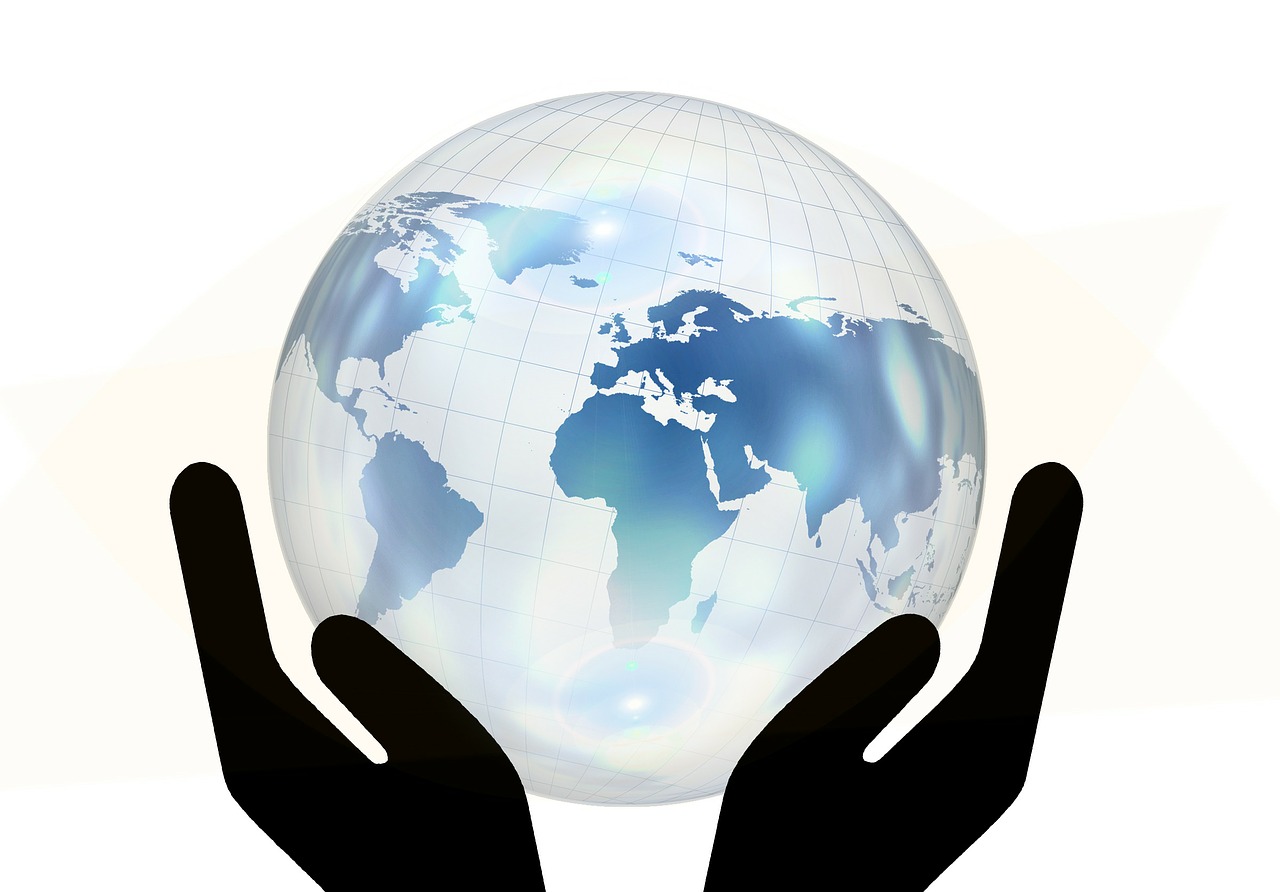
Additionally, the introduction of party-list systems has allowed for greater representation of women in the House of Representatives. Various women’s groups have utilized this system to gain seats and influence legislative agendas. For instance, the Gabriela Women’s Party has made significant contributions to advancing women’s rights and welfare in the legislative arena.
Challenges Faced by Women in Politics
Despite progress, women in Philippine politics continue to face significant challenges. Gender stereotypes and cultural norms often undermine women’s political involvement. Traditional views about gender roles can discourage women from pursuing leadership positions, and those who do may face scrutiny and criticism not levied against their male counterparts.
Moreover, political dynasties in the Philippines, which dominate the political scene, often marginalize women unless they belong to influential families. This scenario limits the opportunities for women from non-political families to enter and succeed in the political arena. For a deeper understanding of the impact of political dynasties, explore this article.
Violence against women in politics is another critical issue. Female politicians often face threats and harassment, deterring them from fully engaging in political activities. Efforts to create safe environments for women in politics are ongoing, but significant work remains.
The Role of Women’s Organizations and Advocacy
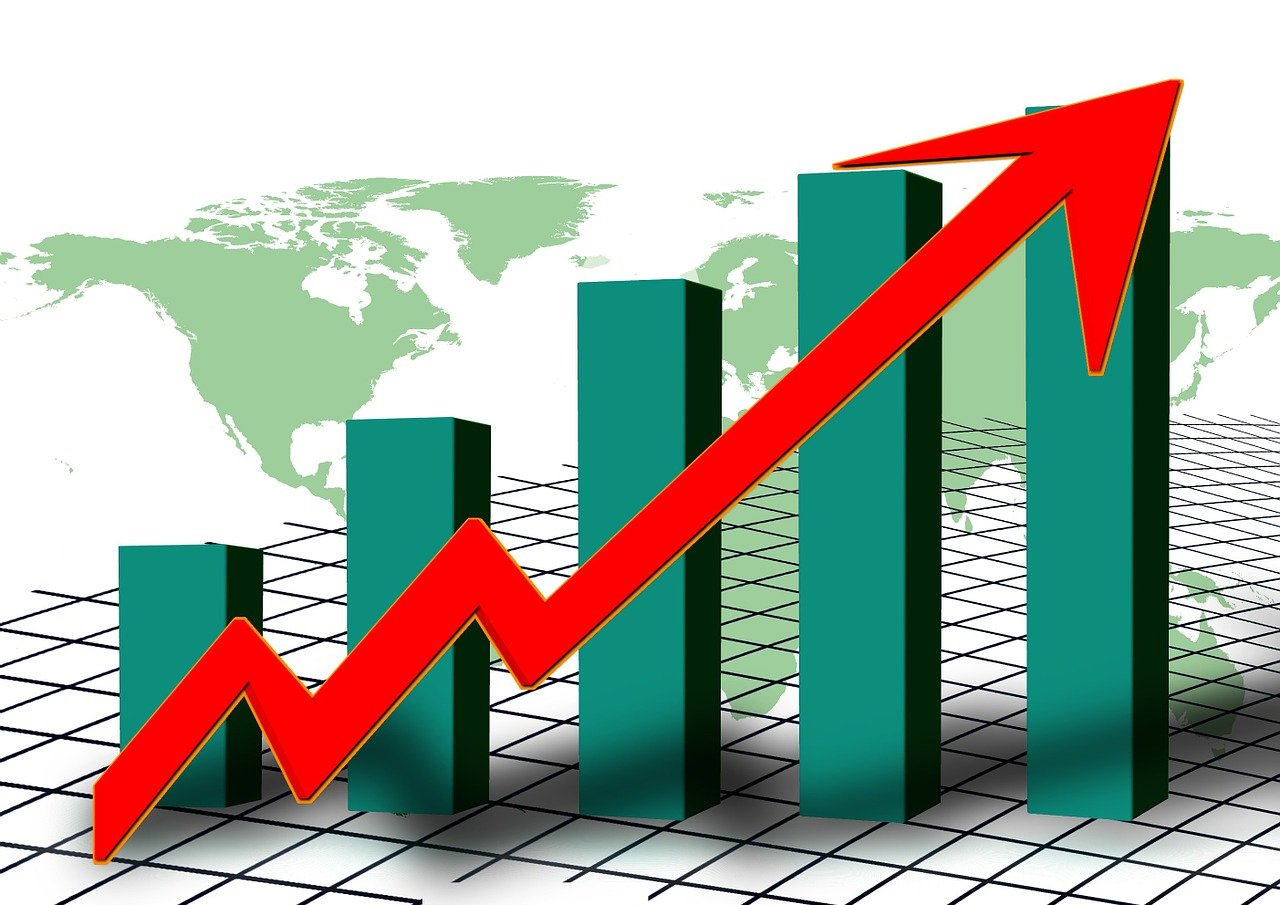
Women’s organizations in the Philippines have been at the forefront of advocating for gender equality and women’s rights. Groups like the Philippine Commission on Women and non-governmental organizations such as the Center for Women’s Resources play vital roles in educating, empowering, and supporting women in their political endeavors.
These organizations offer training, resources, and platforms for women to voice their concerns and participate actively in political processes. They also advocate for policies that promote gender equality and protect women’s rights. The impact of these organizations is evident in the increased awareness and participation of women in political and civic life.
The Future Outlook for Women in Philippine Politics
The future for women in Philippine politics looks promising, with increasing awareness and advocacy for gender equality. Young women are becoming more politically active, and there is a growing recognition of the importance of women’s perspectives in policymaking.
Educational programs and leadership training for young women are crucial in preparing the next generation of female leaders. Additionally, continued efforts to challenge and change societal norms and stereotypes are essential in creating an environment where women can thrive politically.
International support and collaboration with global gender equality movements can also bolster local efforts. For example, initiatives such as UN Women’s programs provide valuable frameworks and resources for advancing women’s political participation.
Takeaways
While significant strides have been made, the journey towards gender parity in Philippine politics continues. The contributions of women leaders have already left an indelible mark on the nation, and their continued participation is vital for a more inclusive and representative political system.
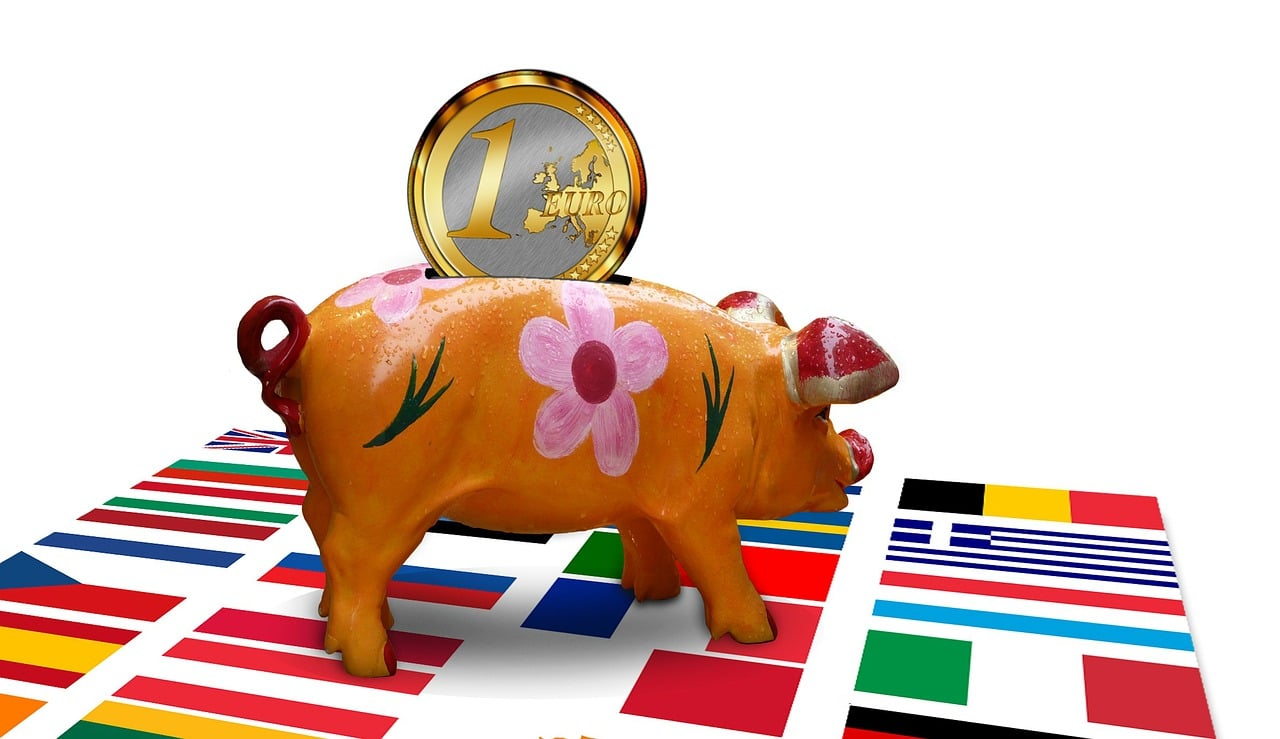
Addressing the systemic challenges that hinder women’s full participation in politics requires concerted efforts from all sectors of society, including government, civil society, and international partners. As the country moves forward, the empowerment and involvement of women in politics will undoubtedly play a critical role in shaping the future of the Philippines.
Empowering Women Through Education and Training
Education plays a pivotal role in empowering women to participate in politics. By providing women with the knowledge and skills needed to engage in political processes, educational initiatives can help break down barriers to entry for women in politics. Programs designed to develop leadership skills and enhance political literacy are crucial in this regard.
Institutions and organizations have been working to create training programs tailored to women aspiring to political careers. These programs often cover topics such as public speaking, policy analysis, and campaign management. By equipping women with these skills, the programs aim to increase their confidence and competence in political arenas.
Moreover, mentorship from established female politicians can provide invaluable guidance and support to newcomers. Mentorship helps in building networks, sharing experiences, and offering encouragement, all of which are vital for women navigating the political landscape. For insights into the importance of mentorship in politics, refer to this analysis.
Representation and Visibility in Media

The media plays a crucial role in shaping public perception of women in politics. Positive media representation can influence societal attitudes and encourage more women to pursue political careers. However, media coverage often reinforces gender stereotypes by focusing on personal aspects of female politicians rather than their professional achievements.
Efforts to promote fair and balanced media coverage are essential in changing these narratives. Highlighting the accomplishments and capabilities of women in politics can serve as inspiration for future generations. Media training for women politicians can also help them navigate media interactions more effectively and leverage media platforms to amplify their voices.
Collaborations between media outlets and women’s advocacy groups can foster more inclusive and accurate portrayals of women in politics. For an overview of media’s impact on women in politics, check this report.
Policy Reforms and Legislative Measures
Policy reforms are necessary to create an enabling environment for women’s political participation. The implementation of gender quotas can be an effective tool in increasing women’s representation in political offices. Such measures ensure that women have a mandated presence in legislative bodies, promoting gender balance and diversity.
Furthermore, legislative efforts focused on gender equality and women’s rights can help dismantle systemic barriers. Laws addressing issues such as gender-based violence, discrimination, and equal pay contribute to creating a more equitable society where women can thrive politically.
Continuous monitoring and evaluation of these policies are crucial in assessing their effectiveness and making necessary adjustments. Engaging women in the policymaking process ensures that their perspectives and needs are considered, leading to more comprehensive and inclusive policies.

Building Global Alliances for Gender Equality
Global alliances and partnerships are instrumental in advancing gender equality in politics. International organizations and networks provide platforms for sharing best practices, resources, and support among countries. These collaborations enable countries to learn from each other’s experiences and implement successful strategies locally.
Participation in international forums allows women leaders to voice their concerns and advocate for policies that promote gender equality on a global scale. These platforms also provide opportunities for networking and building alliances that can strengthen women’s political participation worldwide.
For a comprehensive understanding of global efforts for gender equality, explore Gender at Work, an organization dedicated to advancing women’s rights globally.
Conclusion: A Pathway to Equality
The role of women in Philippine politics is poised for growth and transformation. While challenges remain, the progress made thus far serves as a foundation for future advancements. By addressing systemic barriers, promoting education and training, ensuring fair media representation, and implementing effective policy reforms, the Philippines can pave the way for greater gender equality in its political system.
As more women step into leadership roles, their contributions will not only enrich the political discourse but also inspire future generations to continue the fight for equality. The journey towards gender parity in politics is ongoing, and with collective efforts, a more inclusive and equitable political landscape is within reach.


